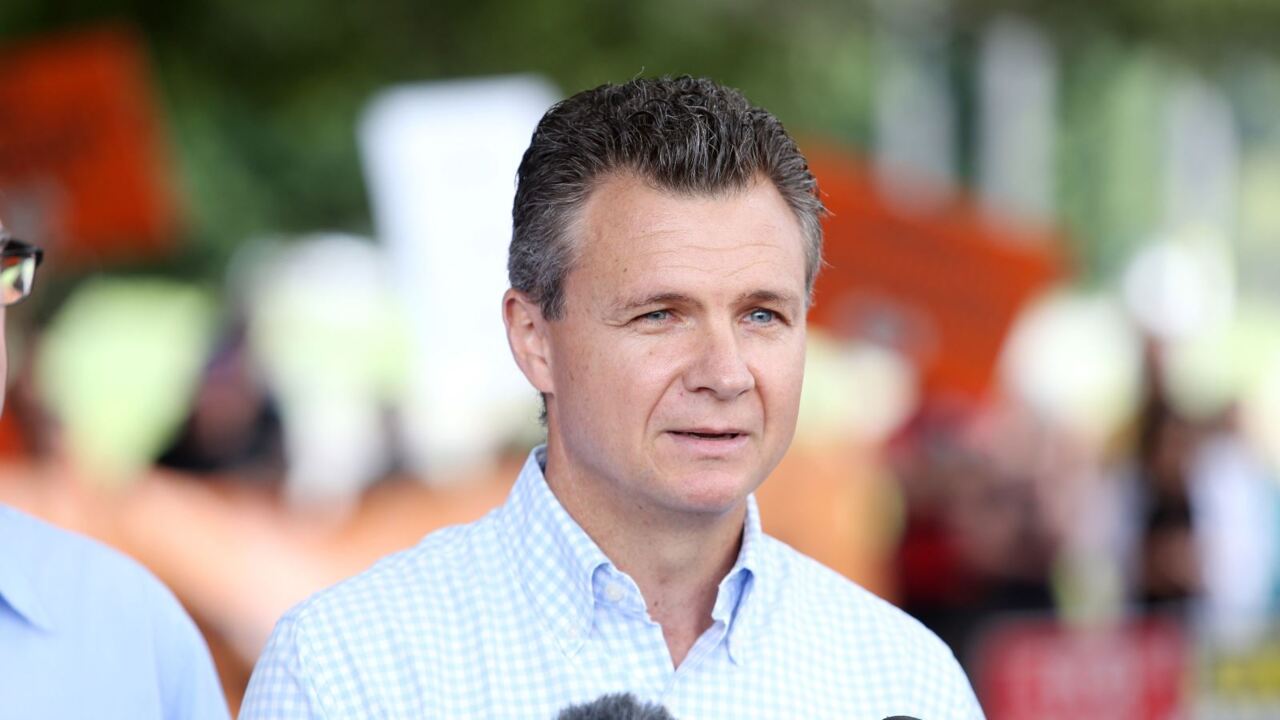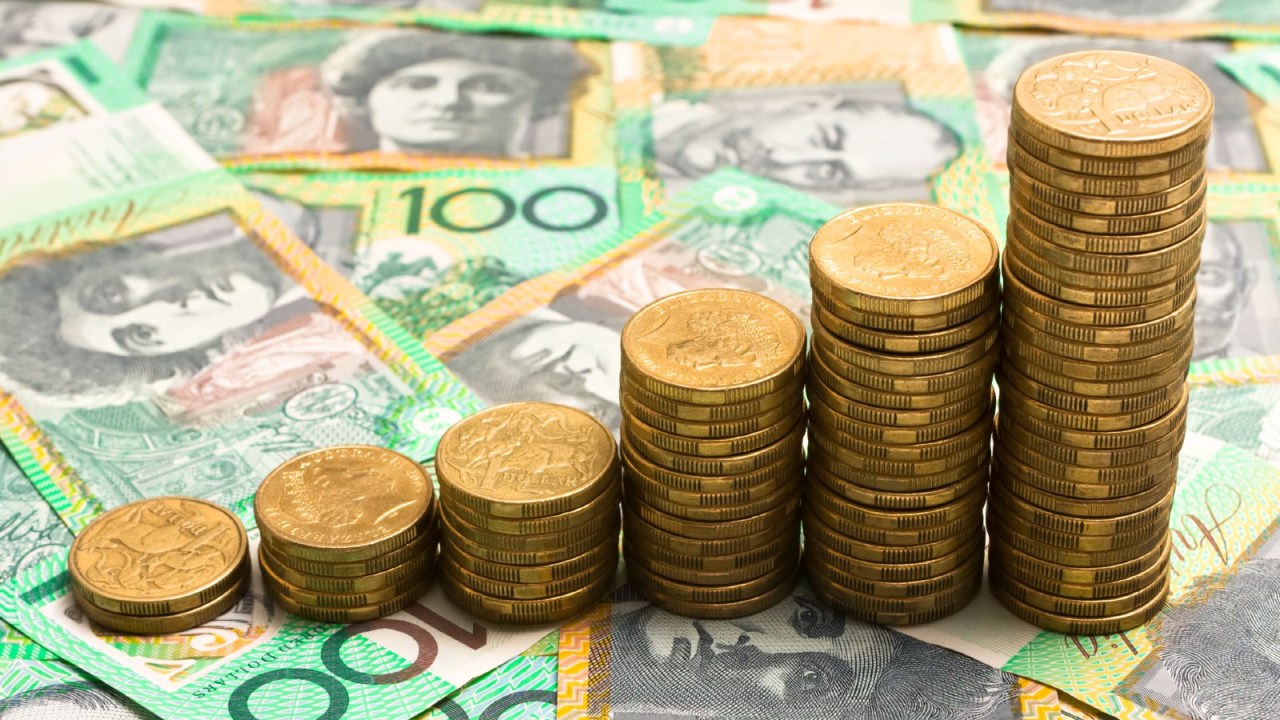Millions of Australians are set to benefit from the new cost of living measures which came into effect on Monday, July 1.
According to a recent survey by Finder, it was revealed almost half of Australians, 45 per cent, had less than $1,000 in their bank account.
Worryingly, one in five Australians admitted they had $0 in savings, which equates to over 4 million people who were living from paycheck to paycheck.
The Consumer Sentiment Tracker also found the majority of Australians, about 76 per cent, were stressed about their current financial situation.
The new changes implemented by the Labor government include an increase to the minimum wage and a tax break for every Australian taxpayer.
Stage 3 tax cuts
The biggest change takes the form of the heavily contested stage three tax cuts which were legislated back in 2018 by the former Morrison government, before they were tweaked by the Albanese government in May’s budget.
Australians will pocket an extra $350 to $4,500 this year depending on their income bracket, with Westpac estimating the average taxpayer will save about $1,880 each year.
Originally, the stage three cuts would have seen those earning $200,000 or above receive a break of $9,075 per year, roughly double the relief set to pass under the modified version.
The new individual tax thresholds for 2024-25 will see a decrease in the rate for those earning up to $45,000 and $135,000, with the benchmark increased from $120,000.
Additionally, for those earning between $135,001 and $190,000 the tax rate will stay the same at 37 per cent, although the threshold was raised from $180,000.
On top, a rate of 45 per cent will now kick in at $190,000, as opposed to $180,000.
Minimum wage
Last month, the Fair Work Commission announced a 3.75 per cent increase to the minimum wage which brought the minimum hourly rate under an award to $24.10 from $23, equating to about an extra $33 a week.
FWC President Adam Hatcher announced the decision in June and outlined the reasoning for the move which has been praised as “sensible” by economists.
“Our decision today is to increase the national minimum wage and all modern award minimum wage rates by 3.75 per cent, effective from July 1, 2024,” Mr Hatcher said.
“In determining this level of increase, a primary consideration has been the cost of living pressures that modern award reliant employees, particularly those who live in low income households, continue to experience.
“This is not withstanding that inflation is considerably lower than it was at the time of last year’s review.”
Superannuation
From July 1, employers will be required to pay 11.5 per cent superannuation, up from 11 per cent, with the overall guarantee to increase to 12 per cent next financial year.
Caps on super contributions are also set to increase in the new financial year, with the before-tax contribution cap in 2024-25 set at $30,000, up from $27,500 in 2023-24.
The after-tax cap will also rise to $120,000, up from $110,000 in 2023-24.
On July 1 next year, the government will also begin paying super on paid parental leave.
Paid parental leave
The extension of paid parental leave will be welcomed by parents as an extra two weeks can be enjoyed, an increase to 22 weeks when a child arrives.
By 2026, paid parental leave is set to increase to 26 weeks with an increase of two weeks each year.
Despite new parents enjoying more time off, the pay rate will remain tied with the national minimum wage of $915.91 per week.
New parents, who have either birthed or adopted a child after July 2023, will be able to access the scheme, with the full period of 22 weeks granted to both parents if their combined income is less than $350,000.
Single parents need to earn less than $350,000 to access the scheme.
Energy bill rebate
Ten million Australian households will receive a $300 energy bill rebate from July, while one million small businesses will receive $325.
All households, regardless of income, will be handed the $300 discount on their power bills as four $75 credits applied once per quarter.
A centrepiece component of the government’s $7.8 billion cost of living package, the proposal has proven controversial, with economists arguing it could risk adding to inflation and making it harder for the RBA to steady the economy.
Welfare payment increases
Beginning today, welfare recipients will see a small boost to their fortnightly payments which comes as an annual indexing increase.
Those on the age, disability or carer pension will get an additional $8 a fortnight, couples will get an extra $12 and family tax benefits will jump by $8 as well.
On top of the energy rebate, Commonwealth Rental Assistance is set to rise 10 per cent as the government seeks to ease pressure on renters struggling with massive price rises.

As Australians receive a few extra dollars in their hip pocket, they can expect to part with them sooner than expected as the cost of passports are set to jump.
From $346, a 10-year passport will now cost $398, making it one of the most expensive passports in the world.
Budget papers also revealed those seeking new documentation would be able to pay a new $100 fee to fast-track their passport inside five business days.
It currently takes an average of six weeks to renew or obtain a passport according to the Australian Passport Office.
Speaking to Sky News on Monday, Treasurer Jim Chalmers ushered in the new tax cuts and budget measures and said Australians who were “under pressure” were set to feel some long-awaited relief.
Mr Chalmers also argued the stage three tax cuts would not be inflationary as the billions of dollars of surplus would not enter the economy all at once as millions of people and households were set to benefit from the “best combination of substantial, meaningful and responsible” cost of living relief.
“We are doing as much as we can responsibly can,” Mr Chalmers said.

